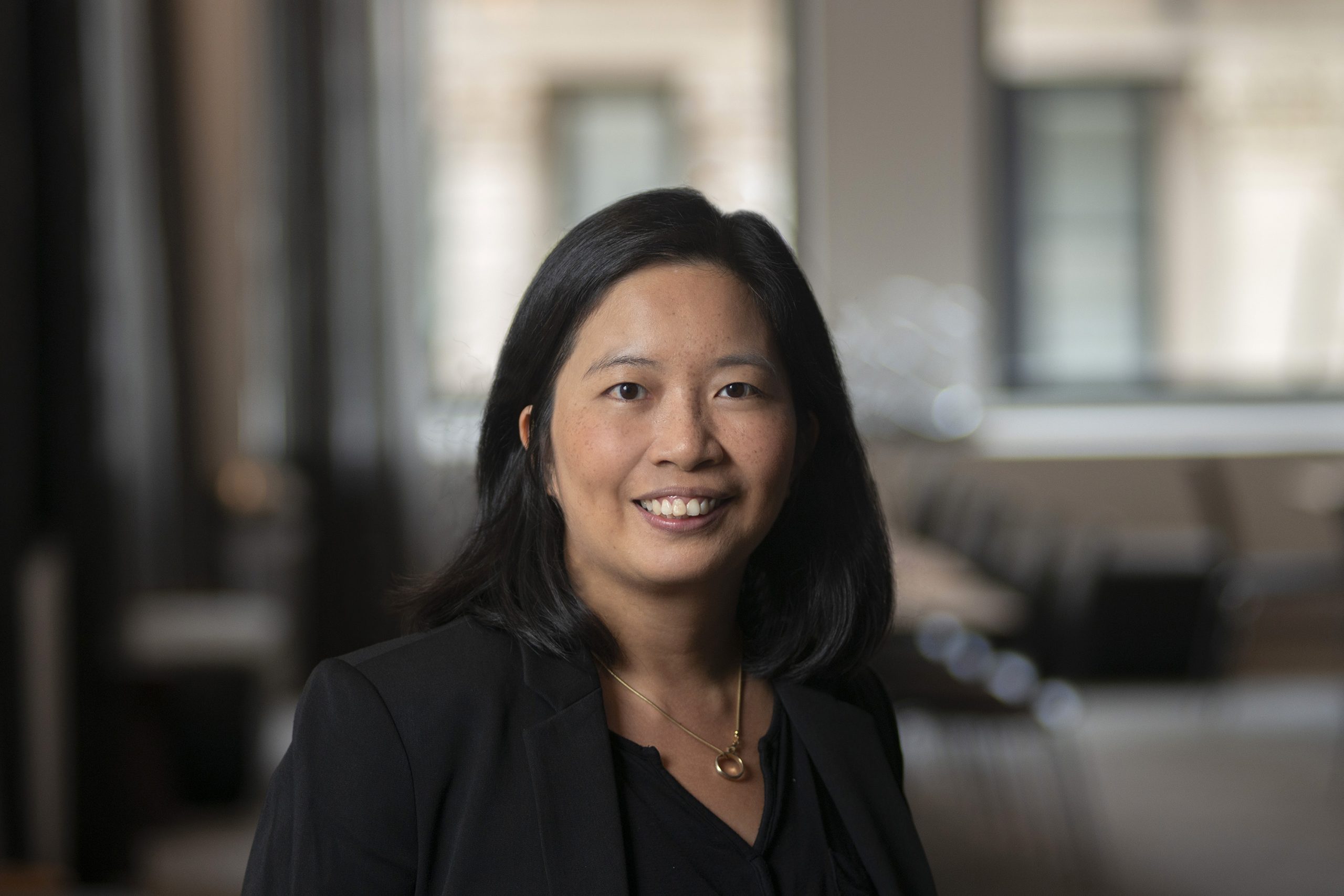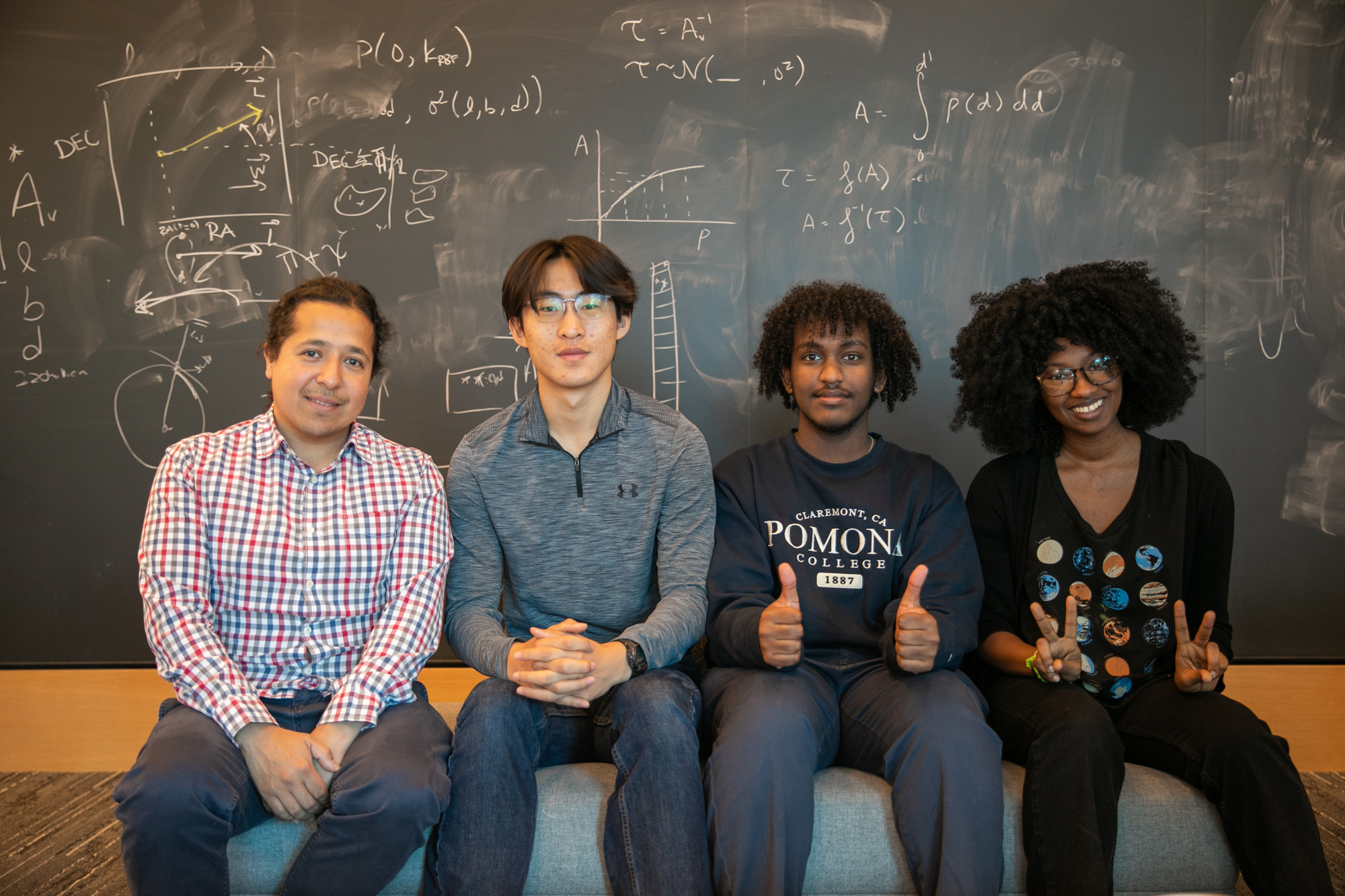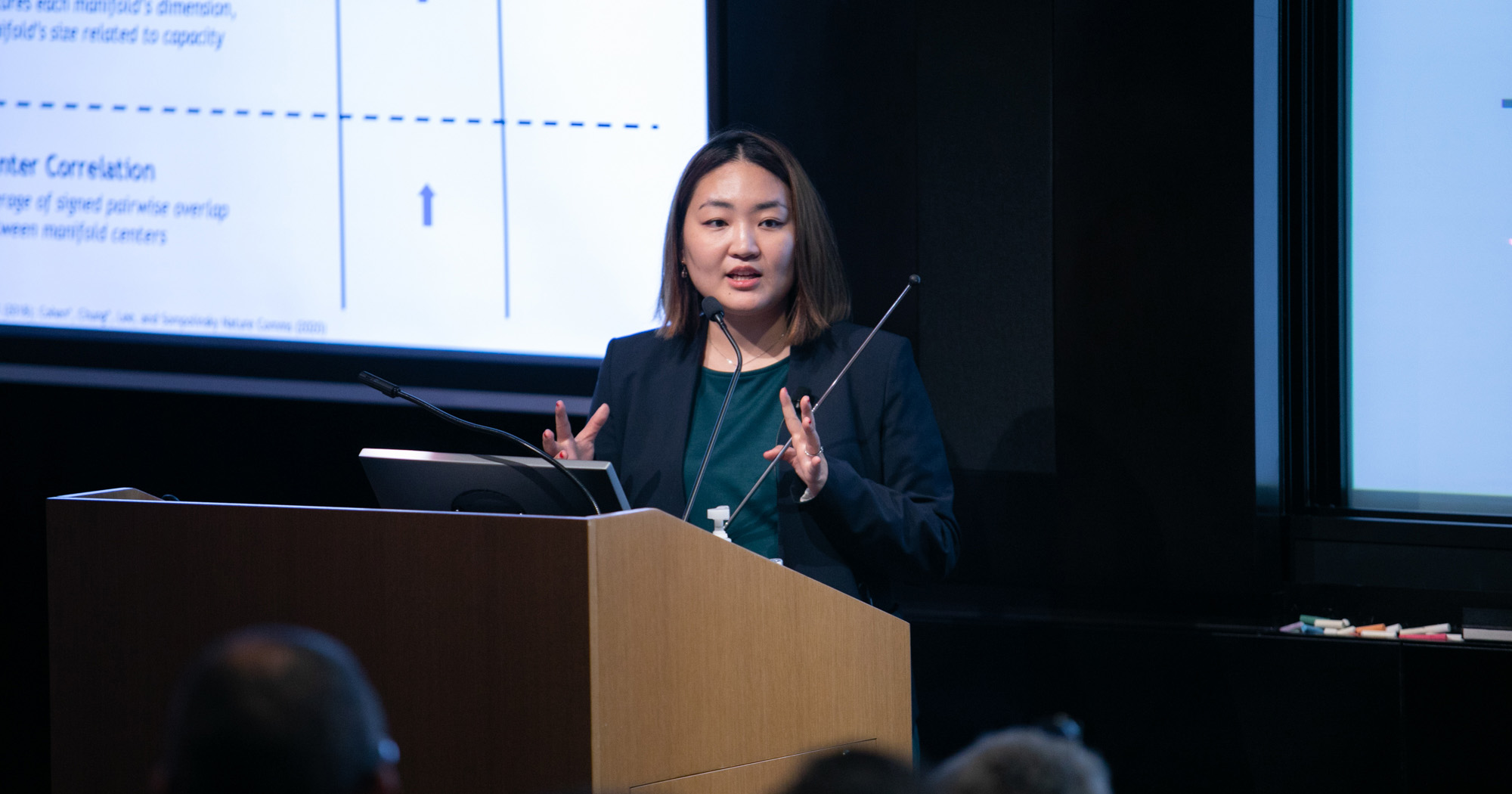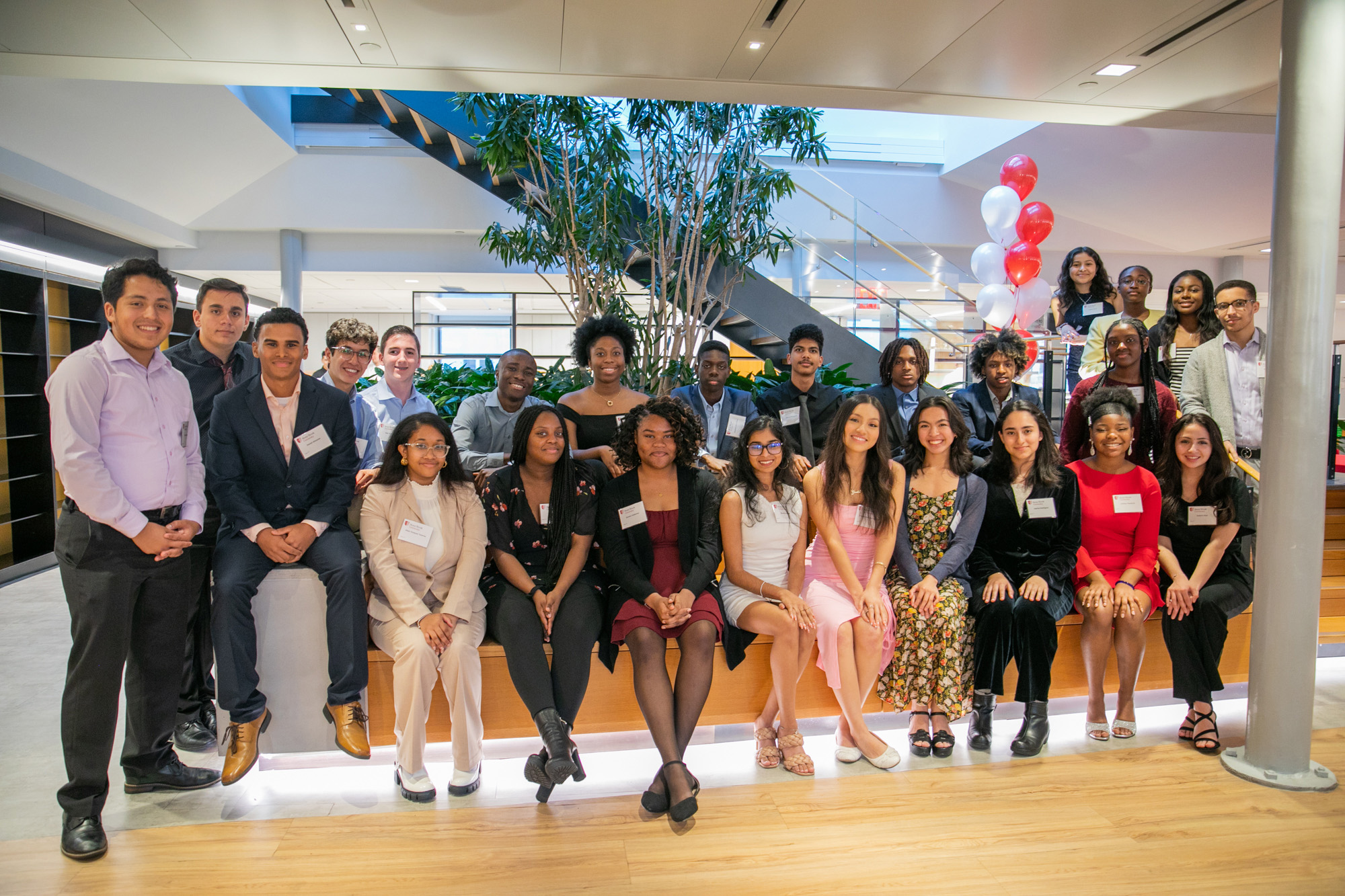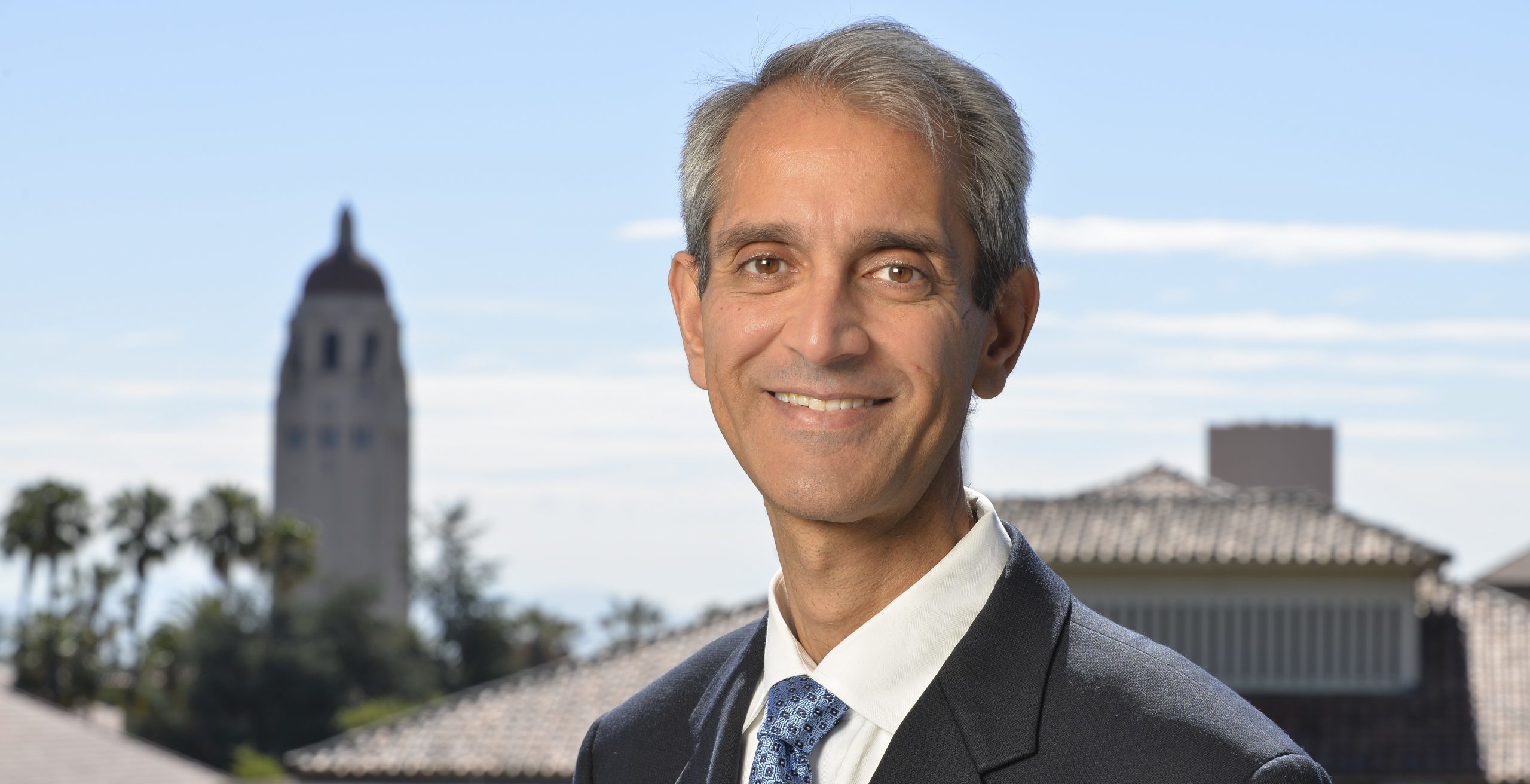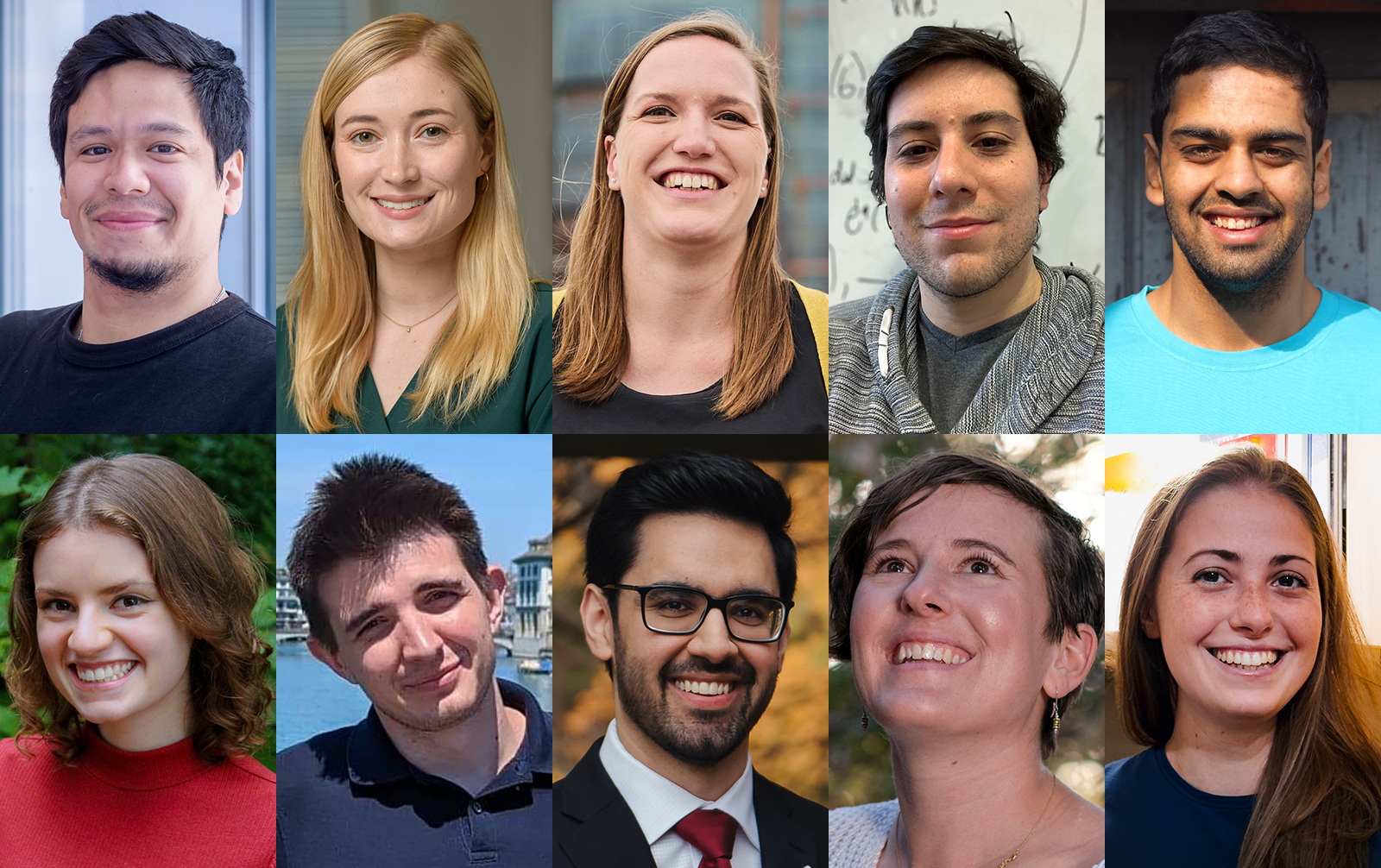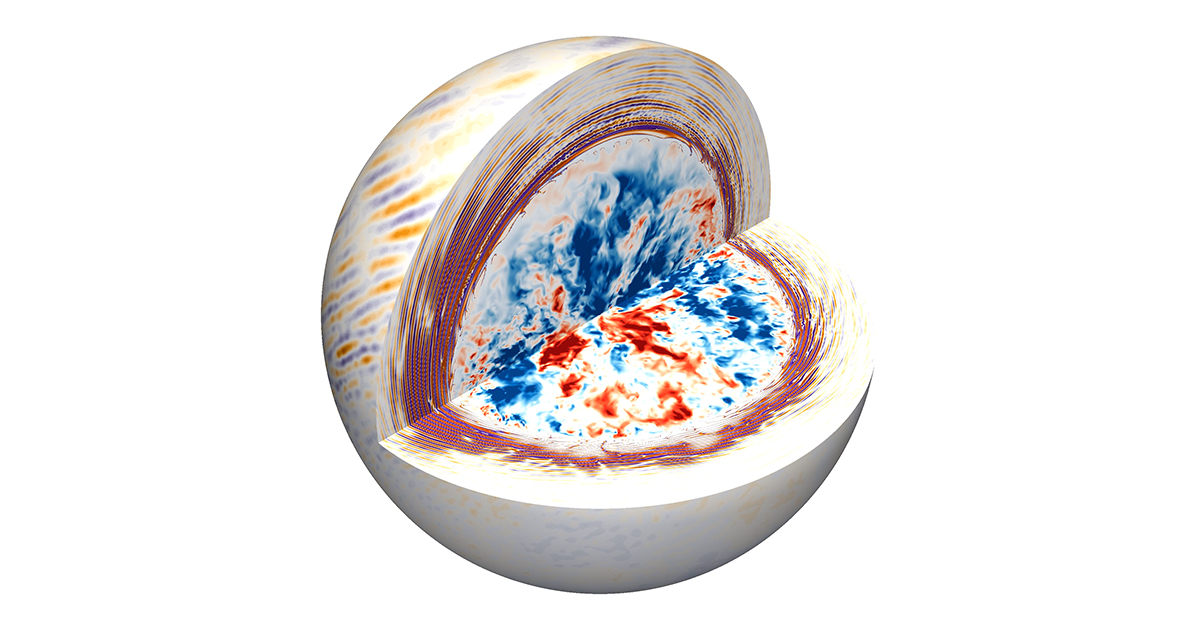
Twinkling of Giant Stars Reveals How Their Innards Churn in First-Ever Simulations
Simons Foundation, July 2023Secrets hide in the twinkling of stars.
A research team led by scientists at the Flatiron Institute and Northwestern University has created first-of-their-kind computer simulations showing how churning deep in a star’s depths can cause the star’s light to flicker. This effect is different from the visible twinkling of stars in the night sky caused by Earth’s atmosphere.
